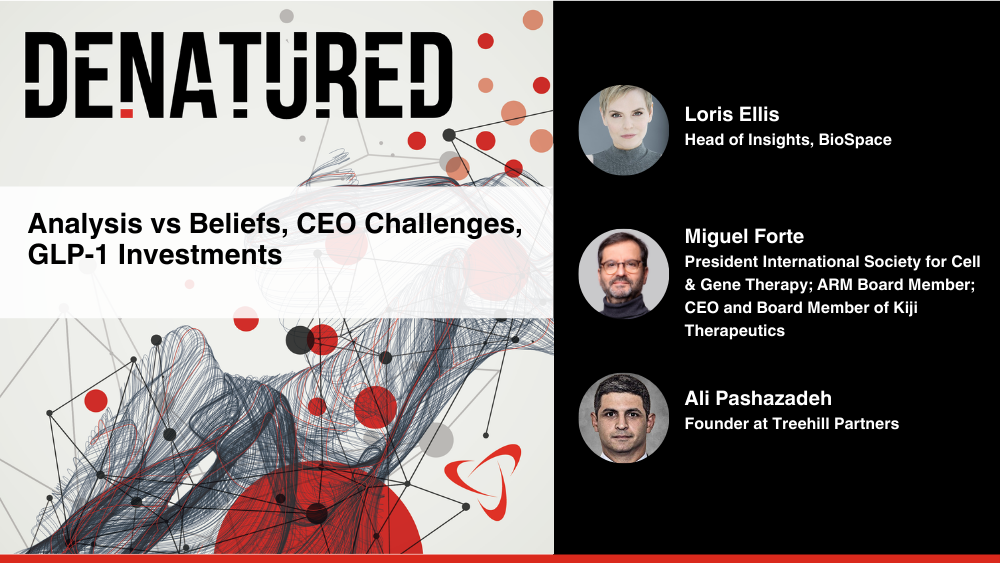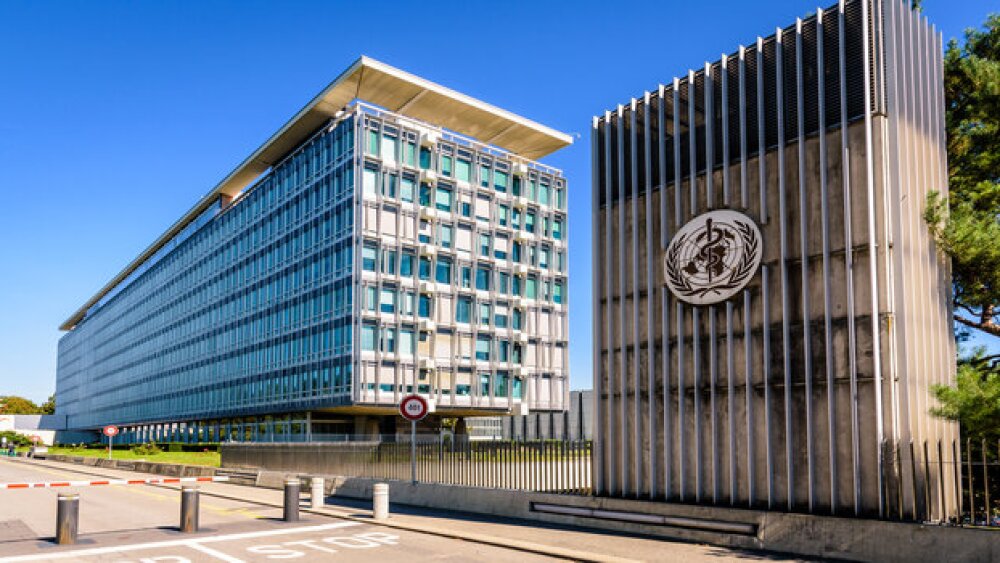Onc.AI today announced that new data will be presented at the 2024 Annual Society of Clinical Oncology (ASCO) resulting from its collaboration with Pfizer.
Radiomic assessment using pre-treatment CT scans from a Pfizer clinical trial improves identification of patients likely to respond to an investigational PD-1 agent (PFS HR 0.30 and OS HR 0.29)
SAN CARLOS, Calif. & WATERLOO, Canada--(BUSINESS WIRE)-- Onc.AI, a digital health company developing a novel oncology clinical management solution, today announced that new data will be presented at the 2024 Annual Society of Clinical Oncology (ASCO) resulting from its collaboration with Pfizer. The collaboration evaluated the ability of Onc.AI’s radiomics-based multimodal signature to predict immunotherapy response in metastatic lung cancer patients.
While immune checkpoint inhibitor (ICI) therapy is the standard treatment for mutation negative metastatic lung cancer patients, identifying patients likely to respond to this treatment remains a significant challenge. Onc.AI’s radiomic survival prediction model offers a promising solution to further classify stage IV NSCLC patients based on their likelihood (high vs. low) of being progression free per RECIST 1.1 at 6 months while receiving single agent checkpoint inhibition. Model performance was rigorously trained and evaluated across multiple NSCLC cohorts.
- 1L Real-World Cross-Validation Cohort: Progression Free Survival Hazard Ratio (PFS HR) of 0.49 (0.38-0.63) in all-comers, and 0.28 (0.17-0.46) in patients receiving single agent immunotherapy.
- 1L Real-World Holdout Cohort: PFS HR 0.18 (0.05-0.61) in patients receiving single agent immunotherapy.
- 2L+ Clinical Trial Cohort (NCT02573259): NSCLC patients who received Sasanlimab (Pfizer). PFS HR of 0.30 (0.14-0.68) and an Overall Survival Hazard Ratio (OS HR) of 0.29 (0.10-0.83).
“We are thrilled to share the outcomes of our collaboration with Pfizer, which underscore the capability of our foundational model in predicting treatment responses across diverse patient populations,” added Akshay Nanduri, CEO of Onc.AI. “Creating non-invasive tools to help inform clinical decision-making is central to our mission at Onc.AI.”
Details about the oral presentation are as follows:
- Date and time: June 1st 2024, 8:00 am CDT
- Session: Using “Artificial” Intelligence to Achieve “Real” Improvements in Cancer Care
- Abstract: #102 - Real-world and clinical trial validation of a deep learning radiomic biomarker for PD-(L)1 immune checkpoint inhibitor response in stage IV NSCLC
About Onc.AI
Onc.AI is a privately held digital health company developing a precision oncology care management platform with the goal of transforming clinical decision-making. Onc.AI was founded based on a simple idea: radiomics-based multi-modal Machine Learning models can radically improve the ability to predict patient response to PD-(L)1 immunotherapy. Onc.AI aims to develop a first-in-class radiomic solution to address the unpredictable response and non-response to PD-(L)1 ICI therapy to improve outcomes for patients and reduce the cost burden on healthcare systems and public/private payers.
View source version on businesswire.com: https://www.businesswire.com/news/home/20240530243565/en/
Source: Onc.AI





